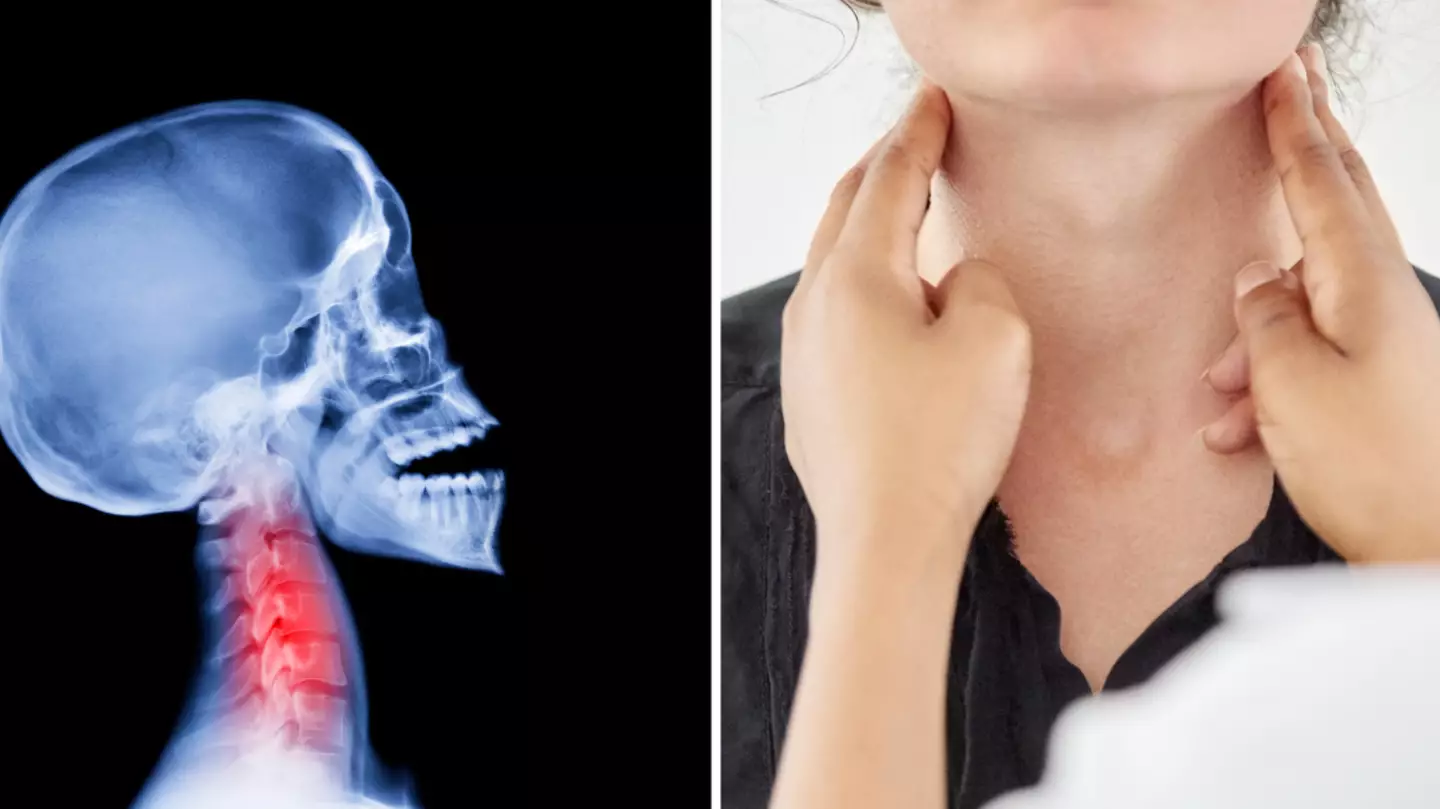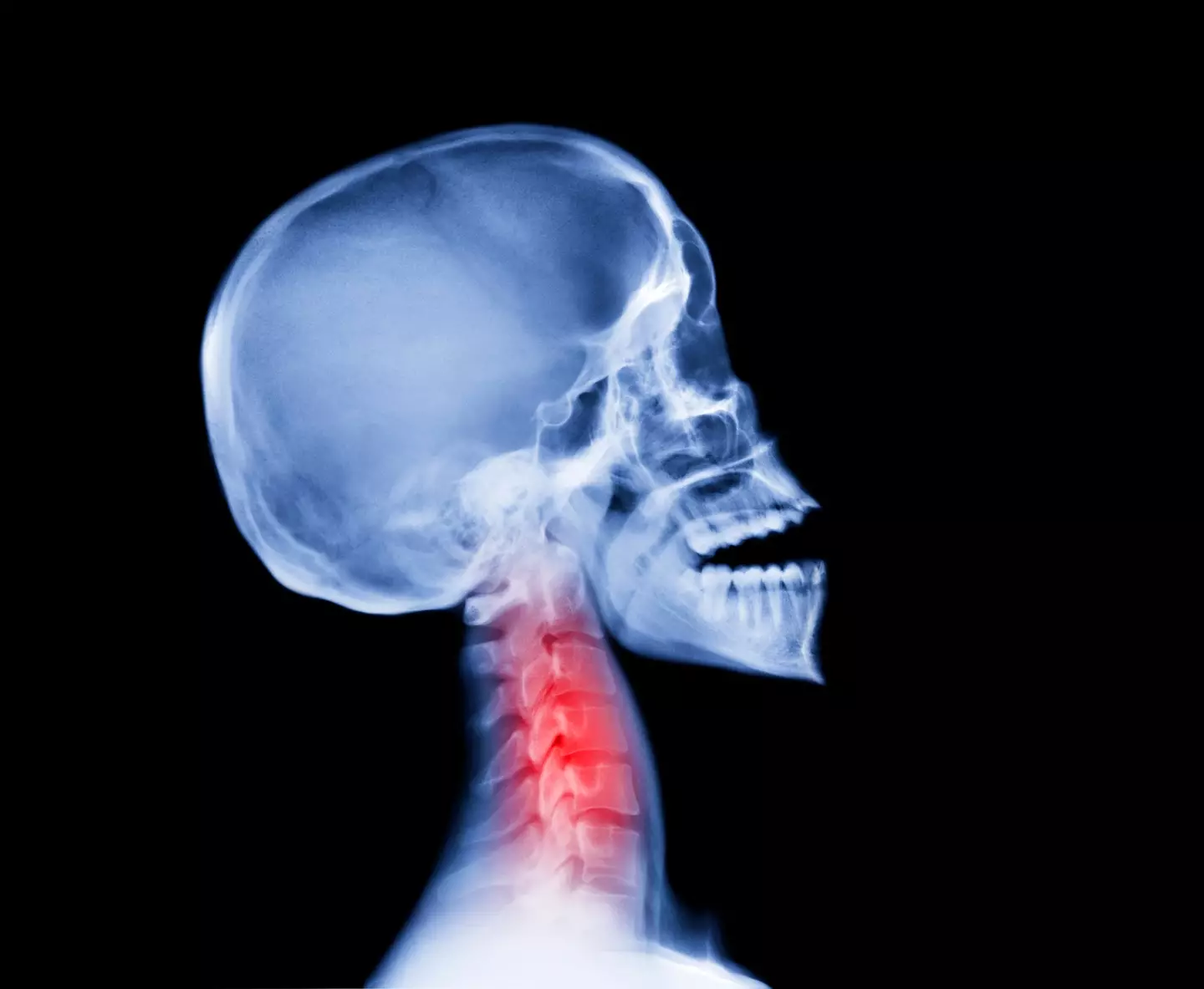
Health professionals have issued a stark warning about the risks of certain sex acts, saying they have seen a rise in the number of cancer cases.
It's claimed more than 18,000 Americans have received a shocking diagnosis of oropharyngeal cancer each year, with a potentially surprising cause.
We're all aware of the risks of various STDs, and the importance of safe sex, but chances are the risk of getting the condition because of HPV aren't as well known.

What is oropharyngeal cancer?
Oropharyngeal cancer is a type of head and neck cancer.
Advert
It is found in the central section of the throat, behind the mouth.
This area covers parts such as the soft palate and tonsils, but also includes the back of the tongue and the sides and back of the throat.
As well as oral sex, it can be caused by heavy smoking and drinking.
How can oral sex cause Oropharyngeal cancer?
Dr Hisham Mehanna is a professor at the University of Birmingham, and explains: "HPV is sexually transmitted. For oropharyngeal cancer, the main risk factor is the number of lifetime sexual partners, especially oral sex. Those with six or more lifetime oral sex partners are 8.5 times more likely to develop oropharyngeal cancer than those who do not practice oral sex.
Advert
“The prevailing theory is that most of us catch HPV infections and are able to clear them completely. However, a small number of people are not able to get rid of the infection, maybe due to a defect in a particular aspect of their immune system.
“In those patients, the virus is able to replicate continuously, and over time integrates at random positions into the host’s DNA, some of which can cause the host cells to become cancerous."
There are more than 200 different strains of HPV, which can also cause genital warts.
It has been found that cases of cancer caused by HPV have a higher survival rate than those caused by heavy smoking or drinking.
Advert
.jpg)
Who is most at risk of oropharyngeal cancer?
Previously it has mostly been diagnosed in people aged between 50 and 80.
However, it is now being seen in increasingly younger people, due to to the human papillomavirus (HPV).
Advert
This is the same virus that has also been connected to cases of cervical cancer.
What are the symptoms of oropharyngeal cancer?
According to the NHS website, the most common symptoms of cancer in the oropharynx or hypopharynx include a lump in the neck, a persistent sore throat, and difficulty swallowing.
What can be done to try to prevent HPV and oropharyngeal cancer?
Dr Mehanna recommends the HPV vaccination for teenagers. The NHS website says: "The HPV vaccine is recommended for children aged 12 to 13 years old and people at higher risk from HPV."
Advert
"Since the vaccine has been used, there has been a big drop in the number of young people getting conditions linked to HPV, such as cervical cancer and genital warts."
"Research suggests that over time the HPV vaccine will help save thousands of lives in the UK."
Topics: Health, Women's Health, NHS, Cancer, Sex and Relationships